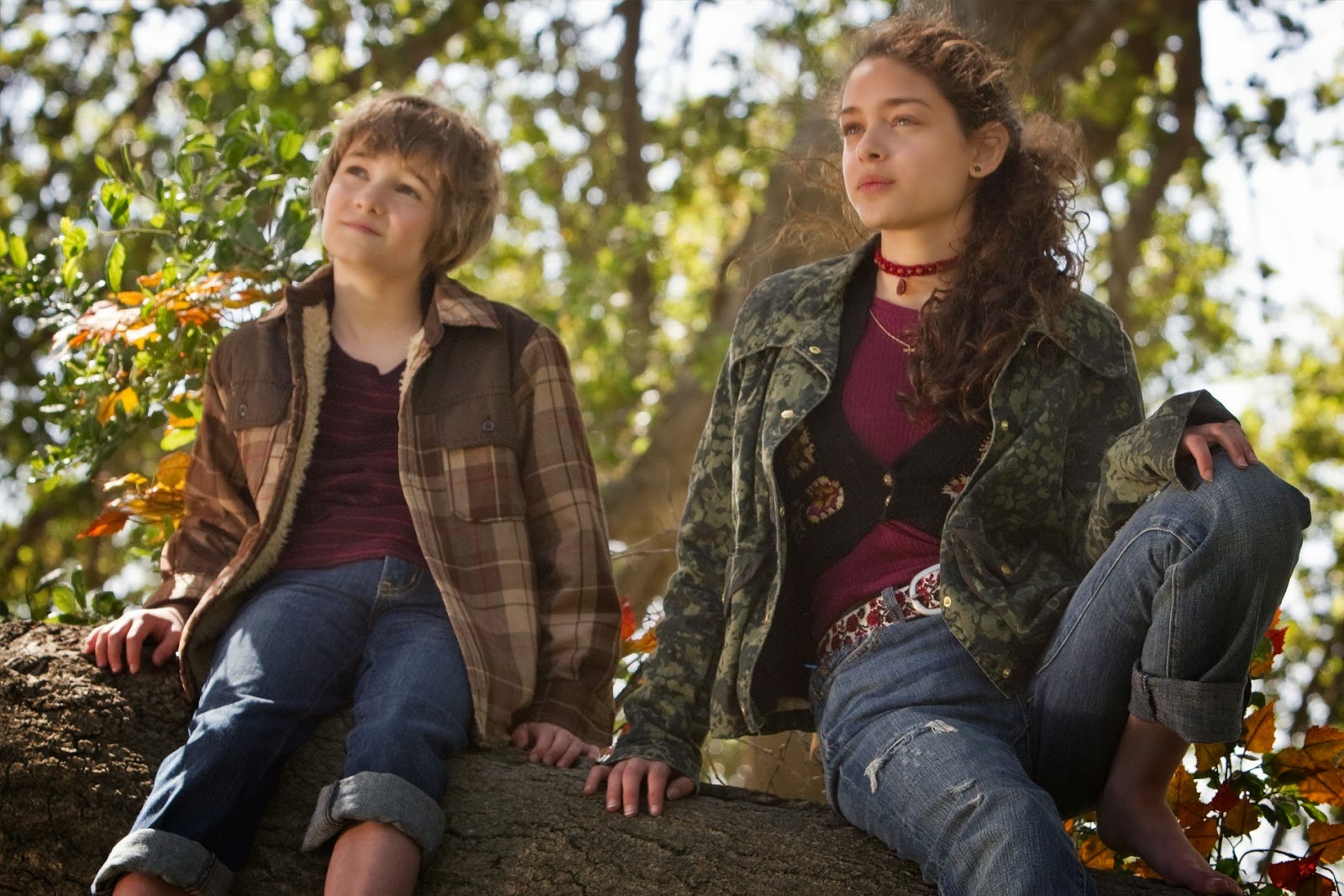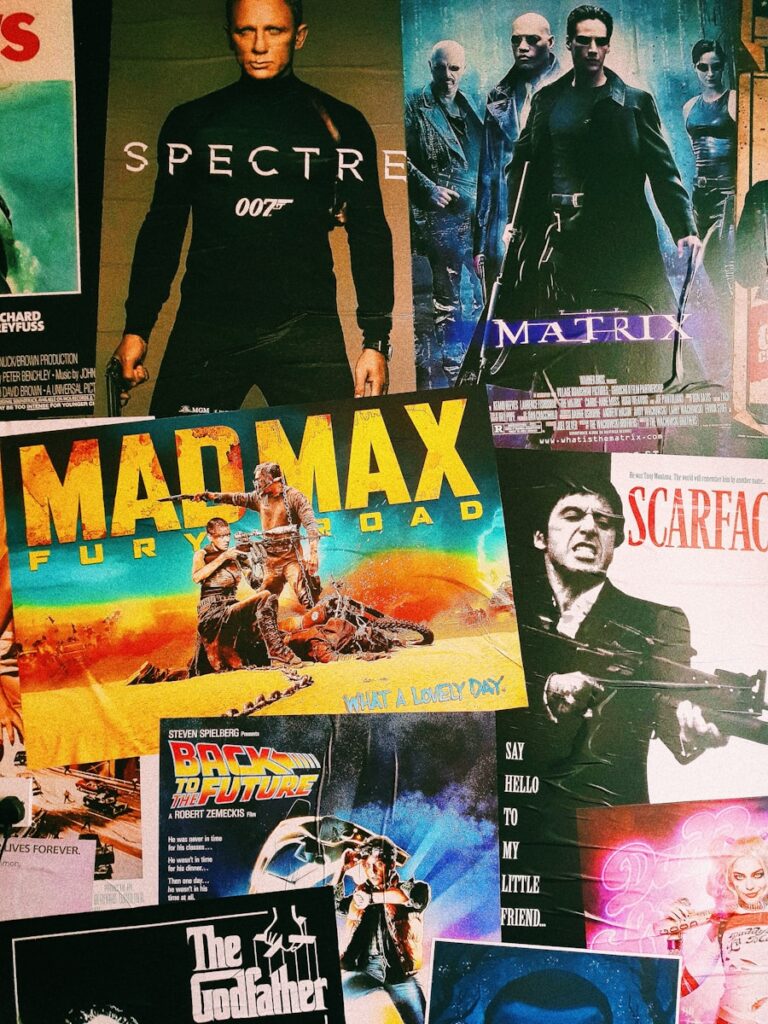
Biopics—those cinematic journeys into the lives of the famous, the infamous, and the influential—have become a reliable staple of Hollywood. From musicians and actors to tech titans and sports legends, these films promise to pull back the curtain, offering an intimate glimpse into the making of a legend. Yet, the very nature of dramatization, the need to compress decades into two hours, and the ever-present allure of a more compelling narrative often leads filmmakers down a treacherous path: blurring the lines between fact and a far more sensational fiction. When that happens, the result can be less a tribute and more a betrayal, leaving subjects, their families, and devoted fans feeling everything from slighted to utterly appalled.
The challenge for biopics is immense. They are tasked with capturing the essence of a person’s life, but the pursuit of accuracy often clashes with the demands of cinematic storytelling. Creative liberties are frequently taken to heighten the drama, to fill in narrative gaps with conjecture, or simply to make a story more emotionally impactful for a mass audience. This tension invariably leads to a blurred line between historical fact, artistic interpretation, and outright fabrication. When these artistic exaggerations become too pronounced, or when they fundamentally misrepresent the character and experiences of the individuals depicted, the outcome can be a cinematic misfire that generates more controversy than acclaim.
In the discerning eyes of critics and the often-more-furious gaze of those whose lives are being depicted, some biopics simply miss the mark, not just by a little, but by a mile. These aren’t just minor historical quibbles; these are often profound narrative choices that fundamentally misunderstand or disrespect their subjects. Today, we’re diving deep into 12 such biographical films – projects that were so inaccurate, disrespectful, or just plain unengaging that they were loudly denounced by the very people they claimed to honor. Prepare for a critical examination of Hollywood’s often-rocky relationship with truth.

1. **Pam & Tommy**: The Hulu miniseries *Pam & Tommy*, a dramatic retelling of Pamela Anderson’s tumultuous marriage to Mötley Crüe member Tommy Lee and the infamous distribution of their stolen sex tape, garnered significant critical attention, including 10 Primetime Emmy nominations. However, despite its accolades, the actual Pamela Anderson repeatedly and unequivocally denounced the series, signaling a profound disconnect between the creators’ intentions and the subject’s feelings.
Throughout the production process, Anderson, portrayed by Lily James, was repeatedly contacted by the show’s team, even by James herself, but to no avail. Showrunner D.V. DeVincentis acknowledged the lack of response, stating, “We didn’t get a response, but considering what she’s been through and the time that we were reaching out, that was understandable.” An insider source reportedly confirmed that Anderson had no involvement whatsoever in the eight-part miniseries, and another source underscored her absolute lack of interest in watching the show, highlighting the deep personal trauma she felt revisiting the events.
Despite DeVincentis’s claim that the show’s sympathies lay with Pam, many viewers argued that by graphically depicting the exploitation of Anderson during the release of a sex tape without her consent, the creators were inadvertently complicit in the very exploitation they claimed to condemn. A source close to Anderson articulated this pain, revealing, “The upcoming Hulu series has been very painful for Pamela Anderson and for anyone that loves her,” and added that Anderson still felt profoundly violated by the original burglary of the tape, with the show only reliving and amplifying that violation.
During the airing of the show’s penultimate episode, Anderson herself broke her silence on Instagram, issuing a powerful statement calling herself “not a victim, but a survivor,” and asserting that she was “alive to tell the real story.” This defiant declaration led many to speculate about a potential documentary, finally produced with her full approval and assistance, serving as her authoritative response to a narrative that she felt misrepresented her experience. Conversely, Sebastian Stan, who played Tommy Lee, reached out to the actual Lee, who reportedly seemed “touched and appreciative” by the gesture, finding a measure of understanding where Anderson found none.
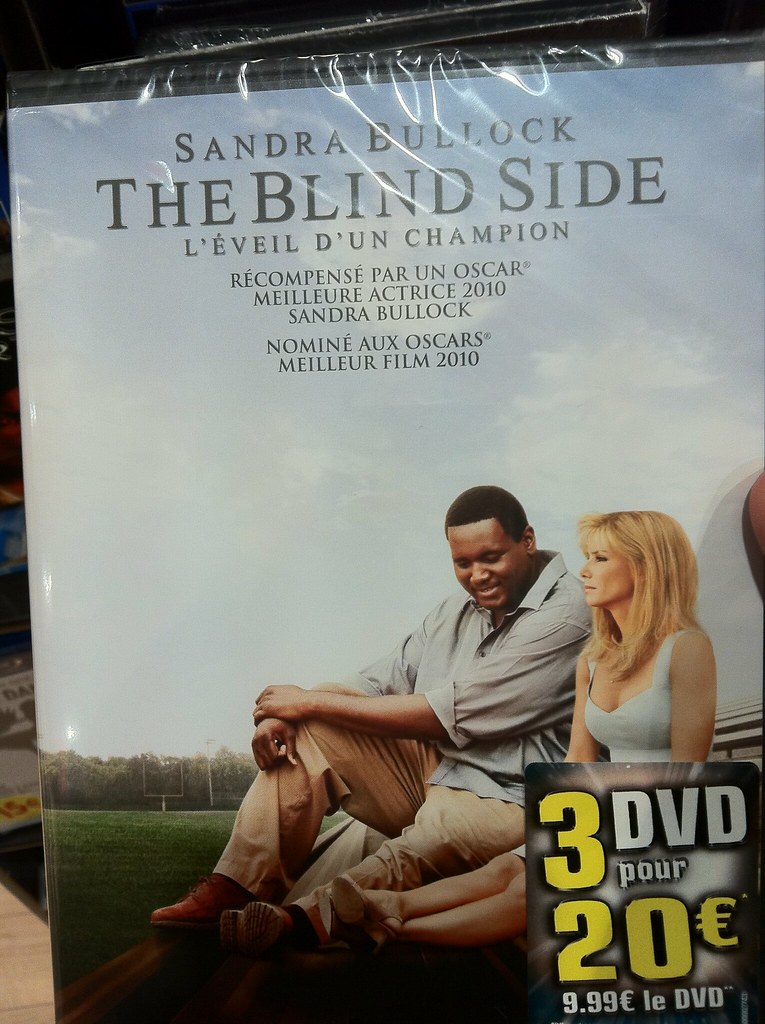
2. **The Blind Side**: *The Blind Side*, the inspiring 2009 film based on the early life of NFL player Michael Oher, achieved immense commercial success and critical acclaim, including an Academy Award for Sandra Bullock’s performance. However, beneath its feel-good veneer, the film has frequently been criticized for perpetuating racial stereotypes and for presenting a controversial “white savior” narrative. These criticisms highlight how even well-intentioned stories can inadvertently cause harm when not handled with adequate cultural sensitivity and respect for the full context of their subjects’ lives.
The subject of the film himself, Michael Oher, has openly spoken out against the movie, detailing the negative impact its portrayal had on his public perception and professional career. Oher, who played as an offensive tackle for the Baltimore Ravens, stated, “People look at me, and they take things away from me because of a movie. They don’t really see the skills and the kind of player I am. That’s why I get downgraded so much, because of something off the field.” This sentiment reveals a profound frustration, where a fictionalized account overshadowed his athletic accomplishments and shaped public opinion in an unfair manner.
He further emphasized the professional detriment, adding, “That’s taken away from my football. That’s why people criticize me. That’s why people look at me every single play.” Oher’s experience illustrates the lasting and often damaging consequences that cinematic adaptations can have on real individuals, particularly when they simplify or misrepresent a person’s abilities and background. The film, in attempting to craft an uplifting narrative, inadvertently created a public image for Oher that he felt diminished his true capabilities and contributions as a professional athlete.
The core of the criticism centers on the film’s depiction of Oher’s relationship with the Tuohy family, who adopted him after he began living with them in 2004. While the film celebrated this bond, critics argued it reduced Oher to a passive recipient of charity rather than acknowledging his inherent strength, talent, and agency. This narrative choice, combined with the “white savior” trope, ignited a debate about how Hollywood often simplifies complex social dynamics and individual journeys for commercial appeal, sometimes at the expense of authentic representation and respect for the real-life subject’s dignity.
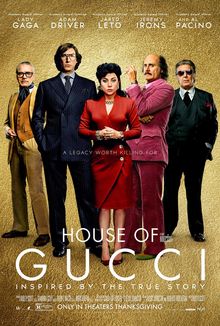
3. **House of Gucci**: Ridley Scott’s *House of Gucci*, a lavish cinematic exploration of the Gucci family’s fashion empire and the tumultuous, ultimately deadly romance between Patrizia Reggiani and Maurizio Gucci, was highly anticipated. Initially, Patrizia Reggiani herself, whose character was portrayed by Lady Gaga, expressed pleasure at the casting choice. However, her satisfaction quickly turned to annoyance when she later gave an interview, expressing dismay that Lady Gaga had not planned to meet her prior to her performance, stating, “It is a question of good sense and respect.” This immediately signaled a rift between the subject and the creative team.
Lady Gaga later addressed her decision not to meet Reggiani, explaining her reasoning with a keen awareness of the legal and ethical complexities involved in portraying a living, controversial figure. She stated, “I don’t want to collude with Patrizia Gucci. I think she wants to drive a famous narrative of herself as a notorious killer and a woman who advised Gucci.” Gaga’s statement underscored her commitment to developing her own interpretation of the character, rather than being influenced by Reggiani’s own self-serving perspective, particularly given the convicted nature of Reggiani’s role in Maurizio Gucci’s murder. While empathetic, Gaga did extend her sympathies to Gucci and Reggiani’s daughters, acknowledging the broader family impact.
Further condemnation came from Patrizia Gucci, a representative of the larger Gucci family, who unequivocally stated that she spoke for the family when she conveyed their profound disappointment with the film. She articulated the family’s sense of violation, saying, “They are stealing the identity of a family to make a profit, to increase the income of the Hollywood system. … Our family has an identity, privacy. We can talk about everything, but there is a borderline that cannot be crossed.” This powerful statement highlighted the family’s feeling that their personal history and legacy were being exploited for entertainment without their consent or respect for their privacy.
The Gucci family’s criticism resonated with a broader concern about the ethics of biographical filmmaking, particularly when it delves into sensitive, painful, and legally fraught personal histories. The film, in its pursuit of high-stakes drama and visual spectacle, appeared to cross a ‘borderline’ for the family, transforming their private grief and complex personal narratives into a public spectacle without their endorsement. This case exemplifies the tension between a filmmaker’s artistic freedom and a subject’s right to control their own narrative, especially when that narrative involves profound personal tragedy and criminal conviction.
Continuing our candid critique, we delve into a further six biopics that, despite their ambitious aims, often faltered in historical fidelity or emotional resonance. The journey through these cinematic missteps further reveals how dramatic liberties, while sometimes intended to heighten impact, frequently alienated the very individuals they purported to celebrate. It’s a sobering reminder that even with the best intentions, the silver screen’s portrayal of real life often struggles with the weight of authenticity.
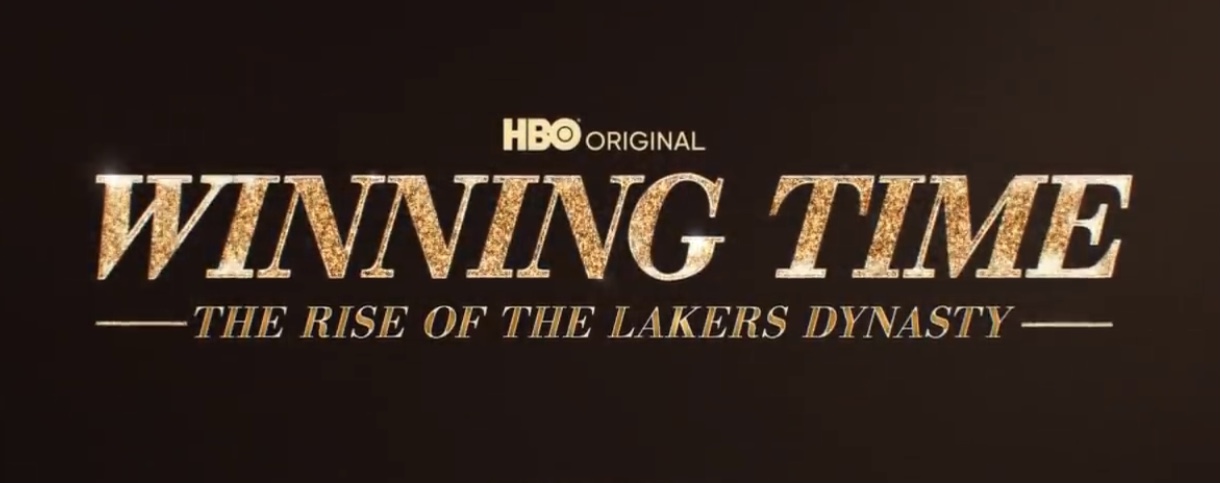
4. **Winning Time: The Rise of the Lakers Dynasty**: HBO’s *Winning Time: The Rise of the Lakers Dynasty*, a series dramatizing the Los Angeles Lakers’ “Showtime” era in the 1980s, sparked outrage among key figures it depicted, most prominently former Lakers player and executive Jerry West. Portrayed by Jason Clarke, West felt so thoroughly misrepresented that he threatened legal action against the network for defamation, declaring his willingness to “take this all the way to the Supreme Court.” Such an extreme reaction speaks volumes about the perceived distortion of his character.
West’s attorney formally demanded a retraction from HBO, categorizing the series’ depiction of him as a “rageful manager prone to outbursts” as “deliberately false.” The attorney asserted that “Jerry had nothing but love and harmony with the Lakers organization,” directly contradicting the show’s narrative choices. This legal threat underscored a fundamental disagreement over the portrayal of West’s professional demeanor and personal conduct, challenging the dramatic liberties taken by the creators.
HBO, however, stood firm in its defense, refusing to issue a retraction. The network’s response stated that *Winning Time* “is not a documentary and has not been presented as such. However, the series and its depictions are based on extensive factual research and reliable sourcing, and HBO stands resolutely behind our talented creators and cast who have brought a dramatization of this epic chapter in basketball history to the screen.” This position highlighted the ongoing tension between artistic interpretation and historical accuracy that often plagues biographical dramas.
The criticisms extended beyond West. Magic Johnson, the legendary Lakers point guard, refused to watch the series, citing HBO’s decision not to involve any Lakers players during production. Johnson felt this exclusion rendered the show incapable of telling an authentic story, stating, “There’s no way to duplicate Showtime. I don’t care who you get.” His teammate, Kareem Abdul-Jabbar, also dismissed the series as “boring” in a blog post and took specific issue with a scene depicting his character using abusive language towards a child, fearing it would harm his charitable work promoting STEM education for children. Abdul-Jabbar pointedly remarked, “So Adam McKay is giving those kids a great big ‘F—k off!’ that lasts a lot longer than the easy laugh he got out of a dishonest joke.”

5. **Bohemian Rhapsody**: The 2018 biopic *Bohemian Rhapsody*, chronicling the life of Queen’s iconic frontman Freddie Mercury, garnered immense popularity for its electrifying performances and the compelling portrayal of Mercury’s flamboyant persona. Yet, despite its commercial success and critical acclaim for the lead actor, the film was widely criticized for significant creative liberties, particularly concerning key aspects of Freddie’s personal life and his interactions with the band. These narrative choices, while perhaps enhancing dramatic tension, drew the ire of many fans and those intimately familiar with Queen’s history.
One of the most notable inaccuracies centered on the portrayal of Freddie Mercury’s AIDS diagnosis. The film dramatically depicts Mercury revealing his diagnosis to his bandmates during a rehearsal for *Live Aid*, set in a church, moments before their iconic performance. In reality, Mercury shared this deeply personal news with the band in private, several months *after* the historic concert. This chronological distortion was a clear narrative embellishment, designed to heighten the stakes and emotional impact of the *Live Aid* sequence, rather than reflecting actual events.
Further blurring the lines of historical accuracy, *Bohemian Rhapsody* also suggested that Queen effectively disbanded or took a significant hiatus after Freddie’s diagnosis, only to reunite for *Live Aid*. This, too, was a dramatic fabrication. The band, in fact, never truly broke up after Mercury’s diagnosis; they continued to collaborate and record albums together, including *The Miracle* in 1989, and worked on various projects right up until Freddie’s passing in 1991. The film’s narrative simply disregarded this ongoing creative partnership for the sake of a more conventional ‘rise, fall, and redemption’ arc.
While filmmakers often defend such alterations as necessary for cinematic storytelling, these specific changes in *Bohemian Rhapsody* were significant enough to ‘irk fans who are well-versed in Mercury’s true story,’ as noted in wider discussions. The film prioritized an easily digestible dramatic arc over strict adherence to the timeline and nuances of Mercury’s life and the band’s dynamics. This approach, while commercially successful, exemplified a biopic that chose powerful narrative over meticulous historical fidelity, leading to its inclusion in discussions of films that faltered in their accuracy.

6. **The Inherent Pitfalls of Biographical Dramatization**: The sheer volume of biopics that face criticism for inaccuracies points to a more fundamental issue: the inherent pitfalls of biographical dramatization itself. These cinematic journeys, whether into the lives of musicians, political figures, or cultural icons, invariably promise to reveal the ‘truth’ behind a legend. Yet, the very nature of this promise collides with the demands of feature filmmaking, where storytelling often trumps strict historical fidelity. This tension, present in nearly every biopic, creates a blurred line between historical fact, artistic interpretation, and outright fabrication.
The challenge confronting filmmakers is immense. They are tasked with compressing decades of a person’s life into a concise two-hour narrative, a process that almost necessitates selective focus and embellishment. Creative liberties are frequently taken, not necessarily to deceive, but to heighten drama, fill in narrative gaps with conjecture, or simply to make a story more emotionally impactful for a mass audience. This constant pursuit of a ‘more compelling narrative’ often leads creators down a treacherous path, resulting in choices that, while cinematically effective, fundamentally misrepresent the character and experiences of the individuals depicted.
When these artistic exaggerations become too pronounced, or when the chosen narrative fundamentally misunderstands or disrespects its subject, the outcome is often a cinematic misfire. Such films generate more controversy than acclaim, alienating the very individuals they purport to celebrate, their families, and devoted fans. The ‘truth’ of a person’s life is often complex, messy, and less neatly packaged than a Hollywood script demands.
Ultimately, the ongoing debate surrounding accuracy in biopics serves as a vital reminder for both creators and audiences. For filmmakers, it underscores the ethical responsibility to balance creative vision with respect for factual history and the lived experiences of their subjects. For viewers, it’s an invitation to approach these narratives with a critical eye, understanding that what often appears on screen is an interpretation, a dramatization, and not always the unvarnished truth. The most powerful biopics are perhaps those that acknowledge this tension, striving for emotional authenticity even while navigating the inevitable compromises of a two-hour retelling.
The world of biographical films is a vibrant, often contentious landscape where art and reality frequently collide. From the deeply personal sting of misrepresentation felt by a subject’s family to the broader cultural debates sparked by questionable casting or factual distortions, each film offers a lesson in the delicate balance required to tell a real story on the big screen. As we’ve seen, the road to cinematic immortality is paved with good intentions and creative liberties, but sometimes, those paths lead to narratives that, for all their gloss, fundamentally miss the mark. So, next time you settle in for a biopic, bring your popcorn, but also bring a healthy dose of discernment; the true story might be far more nuanced than what’s playing out before your eyes. After all, the best stories are often the ones we question most deeply, forcing us to seek out the truth for ourselves.



